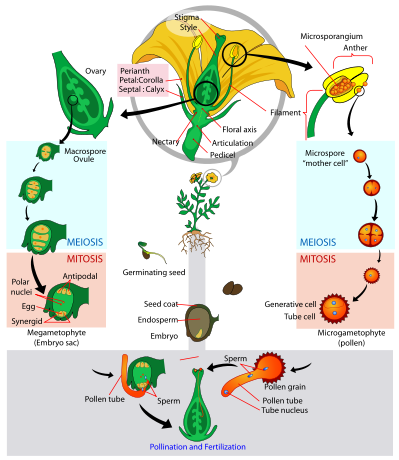5 Tips for Helping a Friend in Need
There really are things friends can do when a friend is in chronic need. The rhythm of the relationship does need to change but the relationship itself doesn’t need to get lost.Here are some guidelines to help you be the friend you’d like to be if a friend gets caught up in a long-term crisis:
1. Remember that people need to tell their stories.
One way that people metabolize grief is by talking about it. Listen with compassion and without judgment. Don’t offer advice unless asked. Don’t offer “pep talks.” Acknowledging their reality communicates respect for what they are going through. Do be clear about how often and when you can manage time to talk. People don’t want to feel like they are burdening their friends or imposing too much, so it helps to have some parameters. If you’re too busy when called, say so. But call back. Parents need to know there are at least a few people they can call when they are feeling overwhelmed or distressed as well as when there is good news.
2. Provide practical help.
Families who have children with chronic problems need practical help that doesn’t fade after the initial diagnosis. Most are grateful for some respite. Consider offering to take on a chore like doing the laundry or mowing the lawn. Offer to babysit the sick or disabled child for a few hours so the parents can have a date night. Take on a bigger share of the carpool or take their turn for other expected activities, such as bringing cookies to playgroup or doing the team fundraiser. Encourage them to join a support group with other parents with similar challenges and provide the babysitting so they can go.
3. Keep the focus on the child, not the problem.
Remember that your friends have a child with a disability, an illness or a problem. These kids are more than disabled or sick or problem children. Find things to talk about that recognize the child’s growth, personality, and interests.
4. Remember that there is no “normal” timeline for chronic issues.
Don’t expect your friends to get “back to normal.” As one parent put it to me, “A piece of my heart called my child is out in the world and injured. That’s not going to change.” Just as the family has to accept a permanent change in its plans, you have to accept permanent changes in your friend and your friend’s availability.
5. Change the rules of friendship.
For many friends, there’s an unspoken rule about reciprocity. “I invite you to dinner this month. You invite me next month. I call you. You call me.” When a family is challenged, that concept of fairness no longer applies. Embrace the idea that what goes around comes around. This friendship may always be off-balance in terms of who does more, calls more, or is more thoughtful. But someday you or someone you love may well be on the receiving end. That’s what being in the village of humanity is all about.
There are great gifts that can come from succeeding at realigning the relationship. The family that is dealing with chronic crisis is shored up by the nurturance and support of the people who know them best. Their friends can develop the personal depth that comes from bearing witness and making a meaningful contribution to others. Both families benefit from the intimacy that comes from getting through a difficult time together.










 You may not be able to get out of working overtime once in a while, but
don’t make it a habit. Working too many long hours is associated with a
greater risk of anxiety and depression, which can harm health.
You may not be able to get out of working overtime once in a while, but
don’t make it a habit. Working too many long hours is associated with a
greater risk of anxiety and depression, which can harm health.